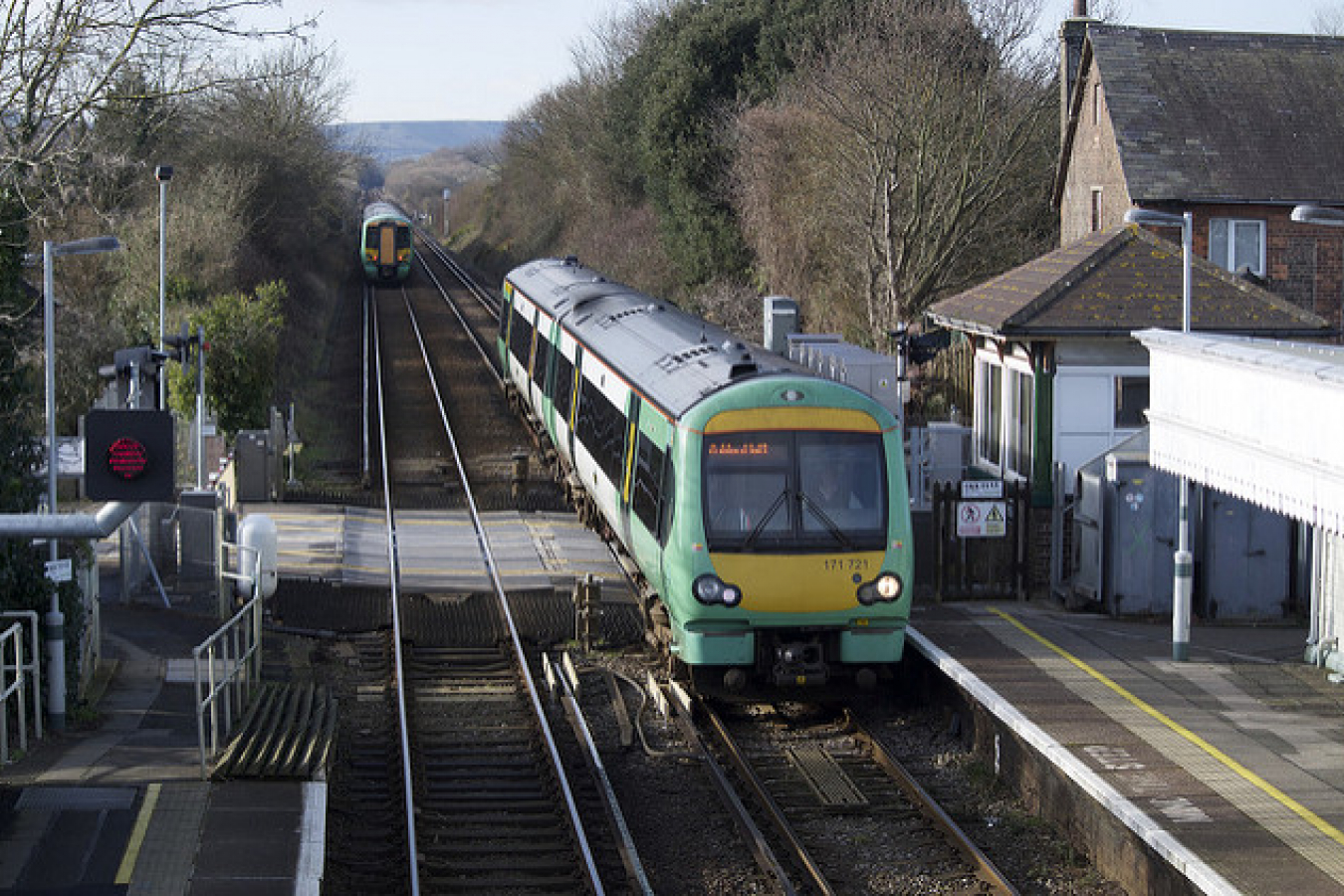 Watch This Video
Watch This Video2006 saw changes that will affect many immigrants in the UK. Those on a work permit or on HSMP or an ancestry visa in the UK will have to wait longer and have to meet more stringent criteria to gain permanent residence. From 2 April 2007 all those applying for permanent residence will also need to pass the Life in the UK test.
Permanent Residency
The UK has a reputation for being a highly diverse, multi-cultural society. Many migrants who come to work in the UK decide to stay and make it their home. Long term migrants usually apply for permanent residence, otherwise known as indefinite leave to remain.
Previously, the rules required those on work based visas to have lived in the UK for a continuous period of four years before being eligible to apply for permanent residency. On 03 April 2006, the Home Office changed the rules so that those in all employment-related categories (and the Ancestry category) are now required to live in the UK for a period of five years before being eligible for indefinite leave to remain.
Life in the UK Test requirement for Permanent Residence
On 4 December 2006 the UK announced that those wishing to gain permanent residence would from 2 April 2007 also be required to show knowledge of the English language and UK culture by passing a "Life in the UK" test, already a requirement for those seeking citizenship.
The test, designed to help migrants integrate into society, has questions about British culture, government, history and geography. It is interesting to note that Australia and certain other Countries have decided to follow the example set by the UK and introduce a similar test.
Highly Skilled Migrant Programme
The Highly Skilled Migrant Programme has proved very popular with those wishing to work in the UK since its introduction in January 2002. The programme aims to bring highly skilled workers from other countries to help fill labour shortages and make the country more globally competitive. There have been many changes to HSMP over its five-year history, as the UK continues to try to find a system that meets the needs of the UK economy while at the same time remaining attractive to prospective migrants.
HSMP had a slow start as too few people qualified for the initial version of the points based system, which judges applicants based on age, income level, education, and other criteria. In October of 2003, changes were implemented to give applicants a better chance of qualifying. The total number of points required was decreased from 75 to 65 and extra points were granted to those under the age of 28. An applicant could also claim points based on a spouse or partner's qualifications.
The number of approved applicants increased dramatically, enough to cause processing delays of three months as the government struggled to keep up with demand. Changes were on the horizon again. In November of 2006, the HSMP programme was suspended for a month to give the government time to manage a transition to an updated, more stringent points based system.
The most recent changes mark a dramatic shift for the programme in its requirements for first time HSMP applicants and for those seeking an HSMP extension. The programme changed the requirements needed for approval from 65 back to 75 and maximum points earned for previous earnings were reduced. However, adjustments to the points system for age makes it easier for those under 28 to qualify.
It is important to note that the points system for current HSMP visa holders seeking an extension is slightly different to the points system for first-time applicants. The three key differences are in the categories of Age Assessment, Earning Power, and UK Experience.
Because an applicant trying to extend their HSMP visa would in many cases have been working in the UK for almost two years, they can be two years older than a new applicant and still gain the same number of points under Age Assessment. They can also gain points under the Earning Power category based on their recent earnings in the UK. There is slightly different criteria to gain points under Earning Power depending on whether the initial HSMP visa was granted for one year or two years.
The most controversial aspect of the changes is the requirement that those currently in the UK under HSMP must re-qualify under the new HSMP extension criteria to remain in the UK under HSMP.
With the recent HSMP and permanent residency changes, many people on HSMP will find it more difficult to remain in the UK. The UK has decided to give those who do not qualify for an HSMP extension a grace period during which they can transfer into another category such as the Work Permit scheme. Some of the usual requirements to come under the work permit scheme have been waived for those transferring from the HSMP programme.
For more information on the subject, please see our new section on HSMP extensions.
Related:
• New rules for UK permanent residence on 2 April 2007• UK Home Secretary outlines immigration plans
• UK immigration statistics for past two years
• UK - protest by migrants against HSMP changes
• Summary of UK HSMP Changes
• New UK HSMP forms covering MBA provision available
• Australian citizenship test gets new study guide




